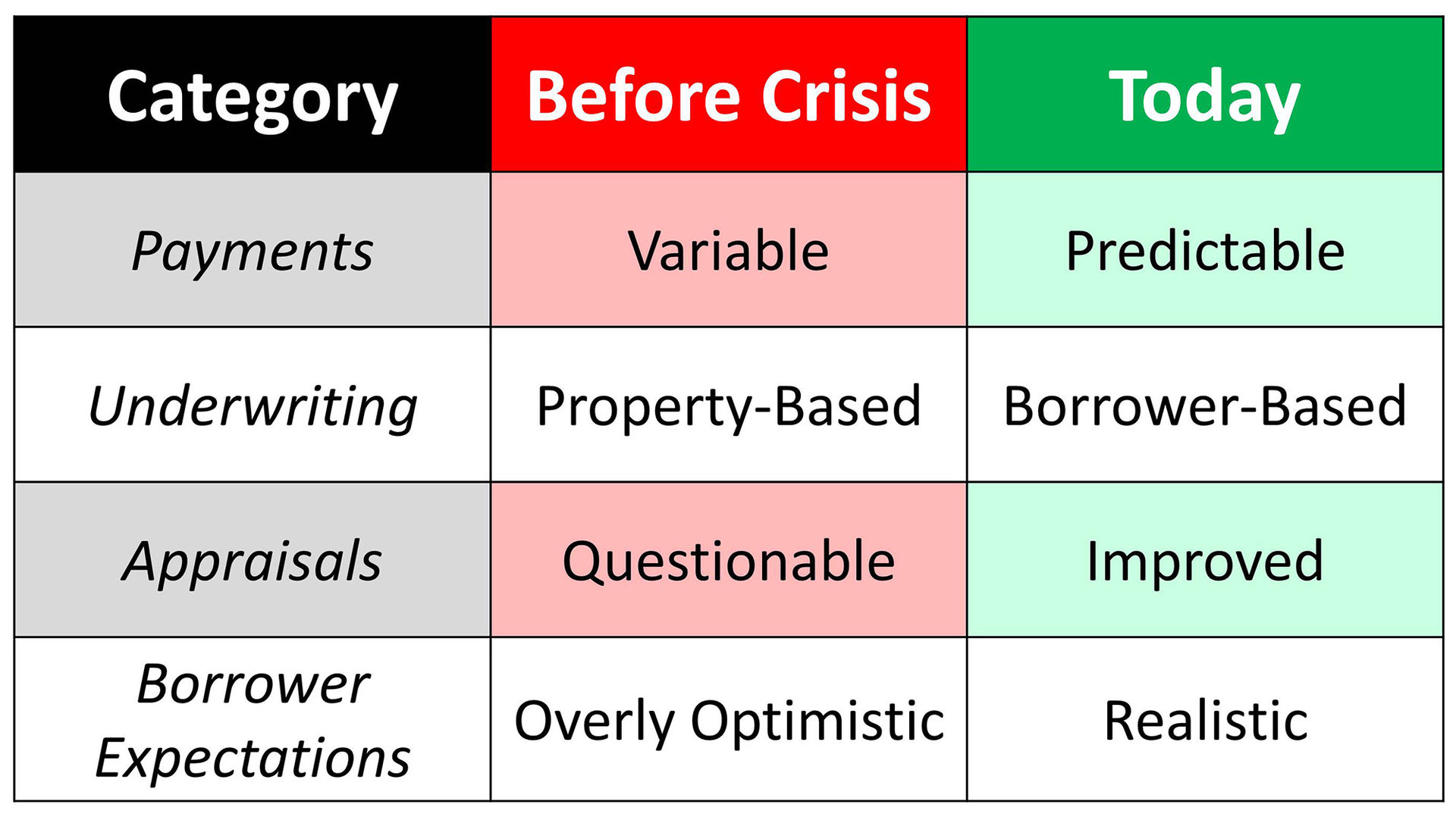New York Times: Homeownership is Best Way To Build Wealth
The housing market has made a strong recovery, not only in sales and prices, but also in the confidence of consumers and experts as an investment. In a New York Times editorial entitled, “Homeownership and Wealth Creation” they explain:
“Homeownership long has been central to Americans’ ability to amass wealth; even with the substantial decline in wealth after the housing bust, the net worth of homeowners over time has significantly outpaced that of renters, who tend as a group to accumulate little if any wealth.”Many of the points that were made in the article are on track with the research that the Federal Reserve has also conducted in their Survey of Consumer Finances.
The study found that the average net worth of a homeowner ($194,500) is 36x greater than that of a renter ($5,400).
The National Association of Realtors (NAR) expanded on the Federal Reserve’s research and projected that by the end of 2015, the average homeowner will have nearly 41x the net worth of a renter. Their findings are detailed in the graph below:
One reason for this large discrepancy in net worth is the concept of ‘forced savings’ created by having a mortgage payment and was explained by the Times:
“Homeownership requires potential buyers to save for a down payment, and forces them to continue to save by paying down a portion of the mortgage principal each month.”
“Even in instances where renters have excess cash, saving a substantial amount is difficult without a near-term goal, like a down payment. It is also difficult to systematically invest each month in stocks, bonds or other assets without being compelled to do so.”
Bottom Line
“As a means to building wealth, there is no practical substitute for homeownership.” If you are a renter who is considering making a purchase, sit with a local real estate professional who can explain the benefits of signing a contract to purchase over renewing your lease!http://goo.gl/EY9rQM
